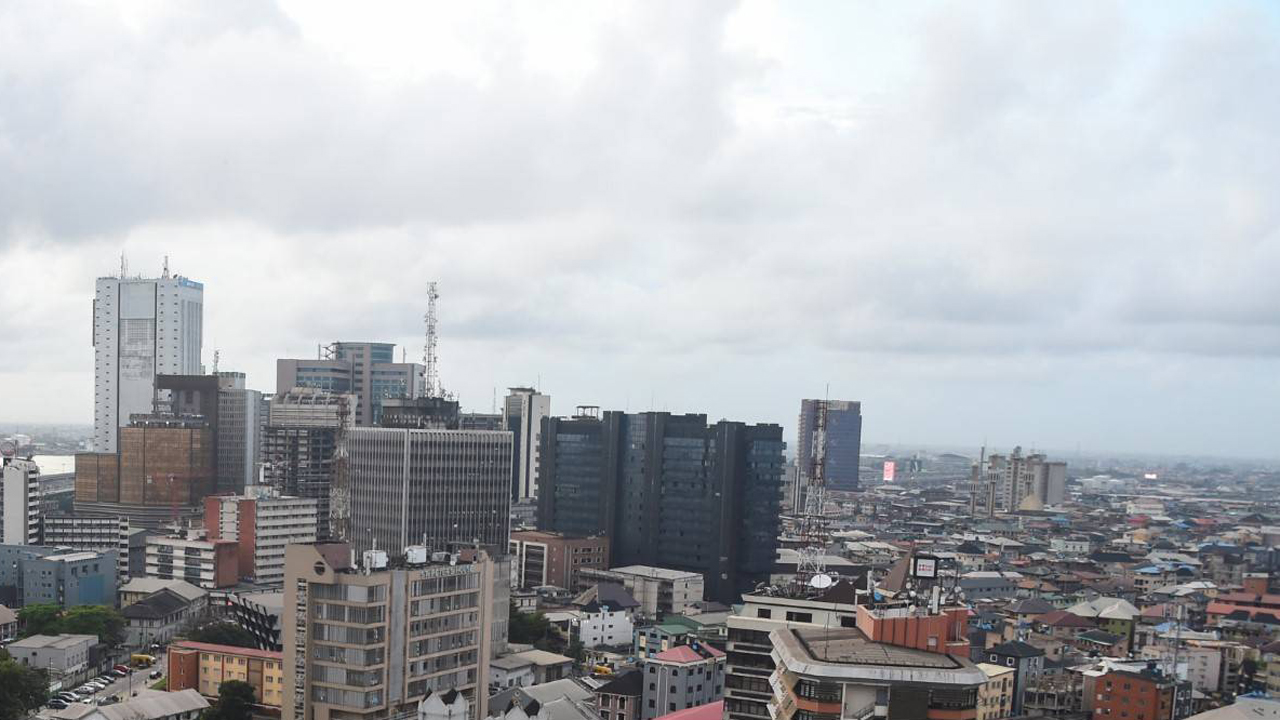
Amid increasing contribution of cities to the national economy, the future of many countries will be determined by the productivity of its urban areas, planners have said.
They said for economic growth and recovery to be sustainable, cities need to absorb, recover, and prepare for future economic shocks, adding that it is crucial that this is also packaged under the green recovery framework that scales up private and public investments to finance the transition to a climate-neutral economy.
The planners noted the need to broach the different dimensions of economic slowdown that cities are currently experiencing and identifying actions that cities can take to boost economic recovery, sharing experiences among different cities on how they are positioning themselves to tackle inflationary pressures and other tight global financial conditions.
The Nigerian Institute of Town Planners (NITP) called on governments at various levels to engage and collaborate with indigenous professional planners towards embarking on physical planning that would absorb the projected challenges facing the country.
President of the institute, Nathaniel Atebije, said there was need for pro-activeness by critical stakeholders to achieve sustainable development while political will is imperative for success in making cities an engine for economic growth. He also said funding is the fulcrum on which implementation of plans and policies must oscillate.
According to him, armed conflicts in some parts of Africa too have affected the economies of most cities and towns in African countries, adding that must cities cannot forget negative economic shocks from natural disasters like hurricanes, flooding, earthquakes, strong monsoonal winds, landslides among others.
“In Nigeria, there is an inflationary pressure on the economy and the citizens and these have negative socio-economic impacts on the towns and cities. Such cities are currently experiencing economic slowdowns. It is therefore essential to identify actions that cities can take to boost economic recovery and they can position themselves to tackle these challenges. It should be noted that 2023 has been a particularly challenging year for Urban Economies,” he said.
He lamented that there is a noticeable decline in the growth of the global economy and cities, which are thus affected by this decline. This, he said, becomes very worrisome because cities contribute immensely to the national economy of any nation and the future of many countries will be determined by the productivity of its urban areas.
“Cities thus, can play a pivotal role in boosting economic recovery. It is crucial that this should also be packaged under the green recovery framework that scales up private and public investments to finance the transition to a climate neutral economy in the post Covid-19 world. Furthermore, efforts should be made to create a local finance framework for cities and communities, to help distribute existing funding and finance to where it can deliver the greatest impact,” Atebije said.
He, therefore, urged government and Nigerians to imbibe the principles of circular economy and adopt the “Rs” of waste management, which include reduce, reuse, refuse, recycle, recover and repurpose.
It also provides enabling environment that create resilient urban economies and facilitate their roles as drivers of growth and recovery.






